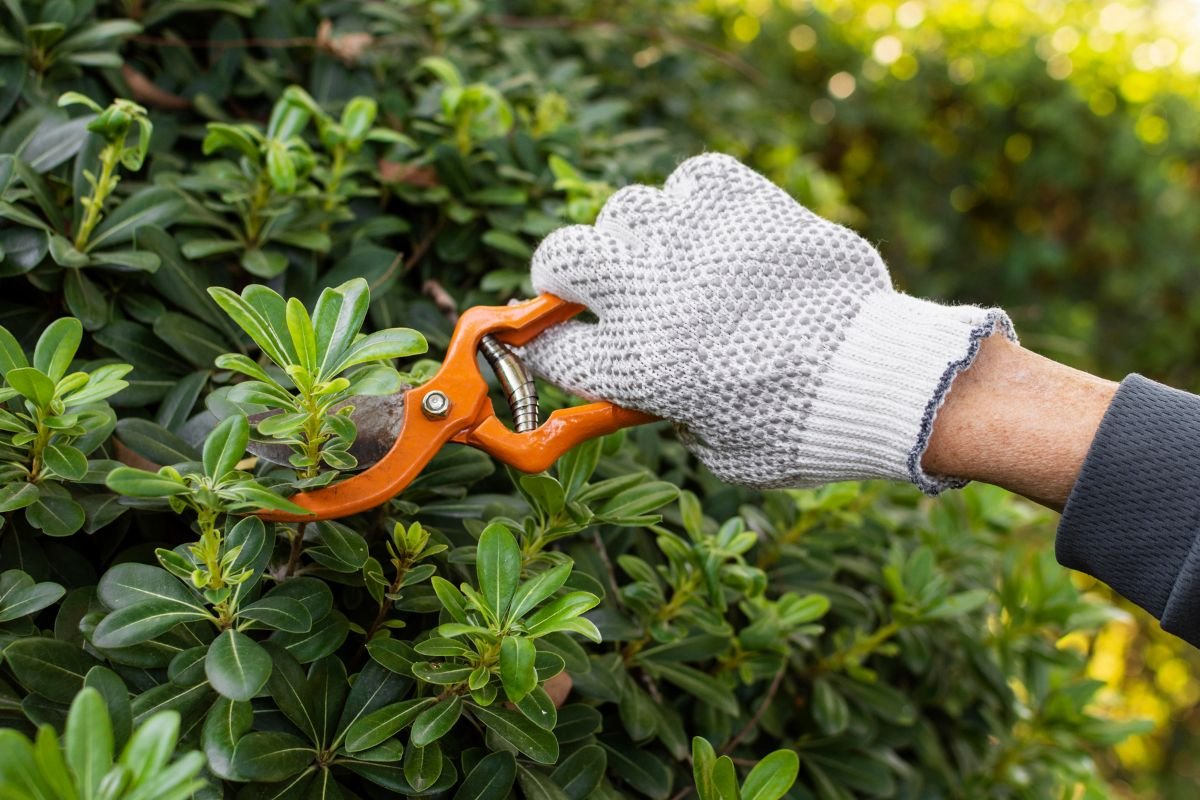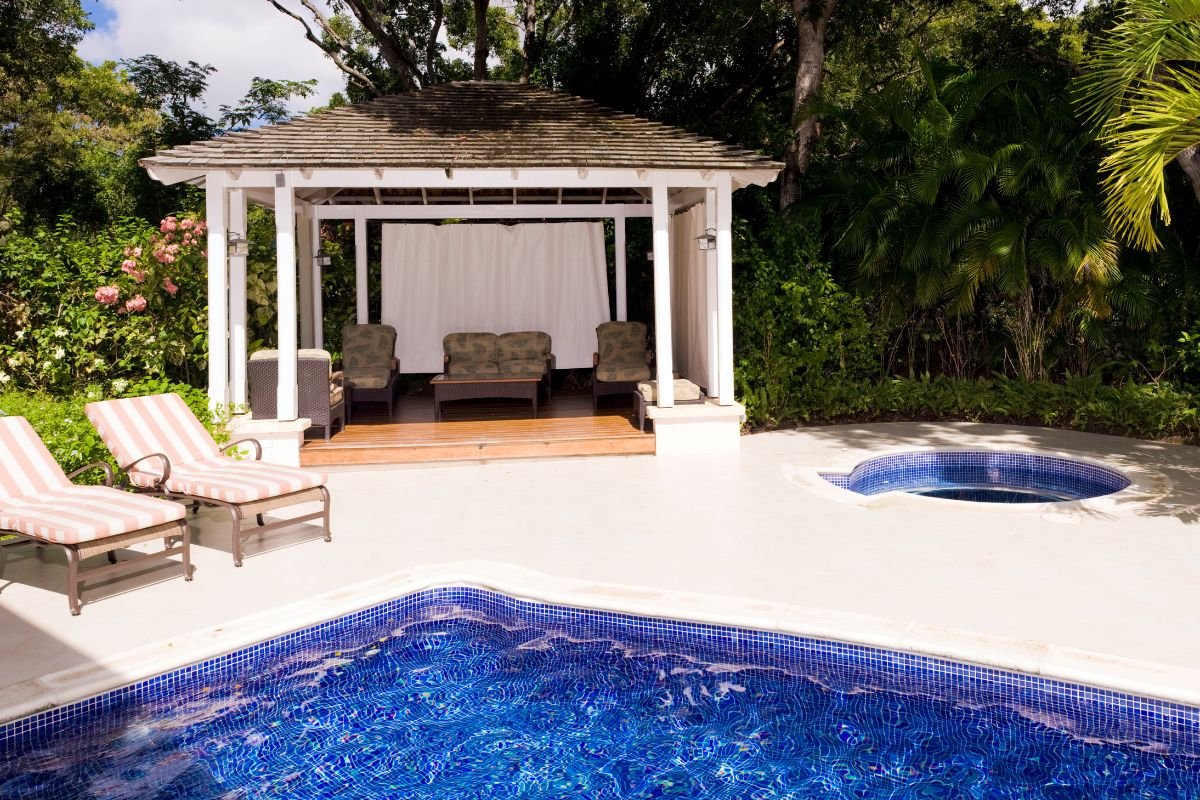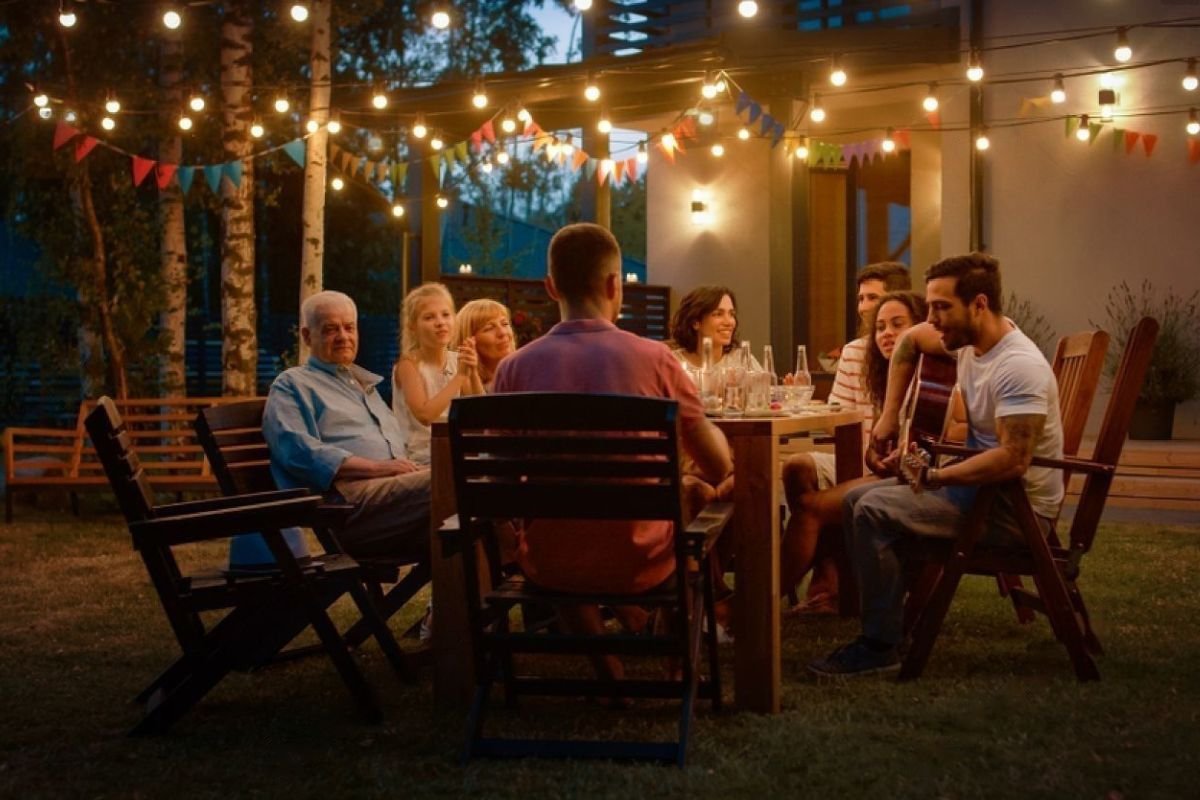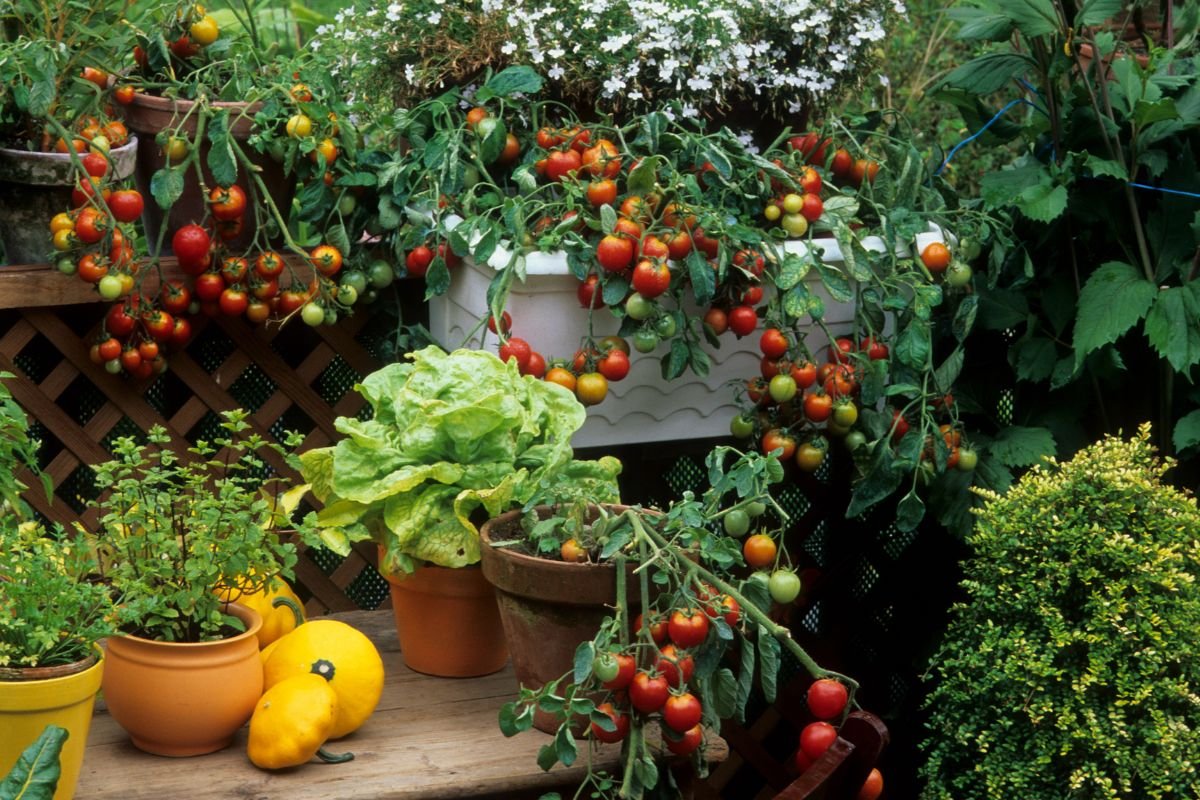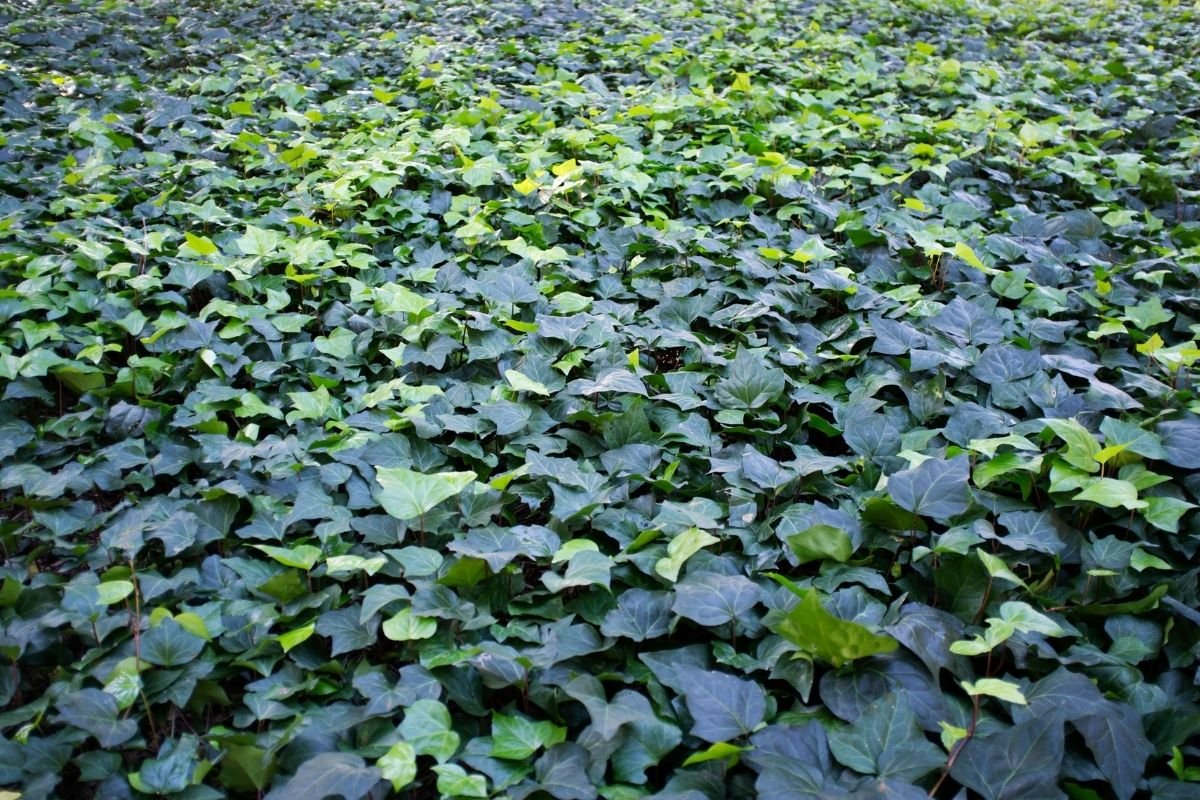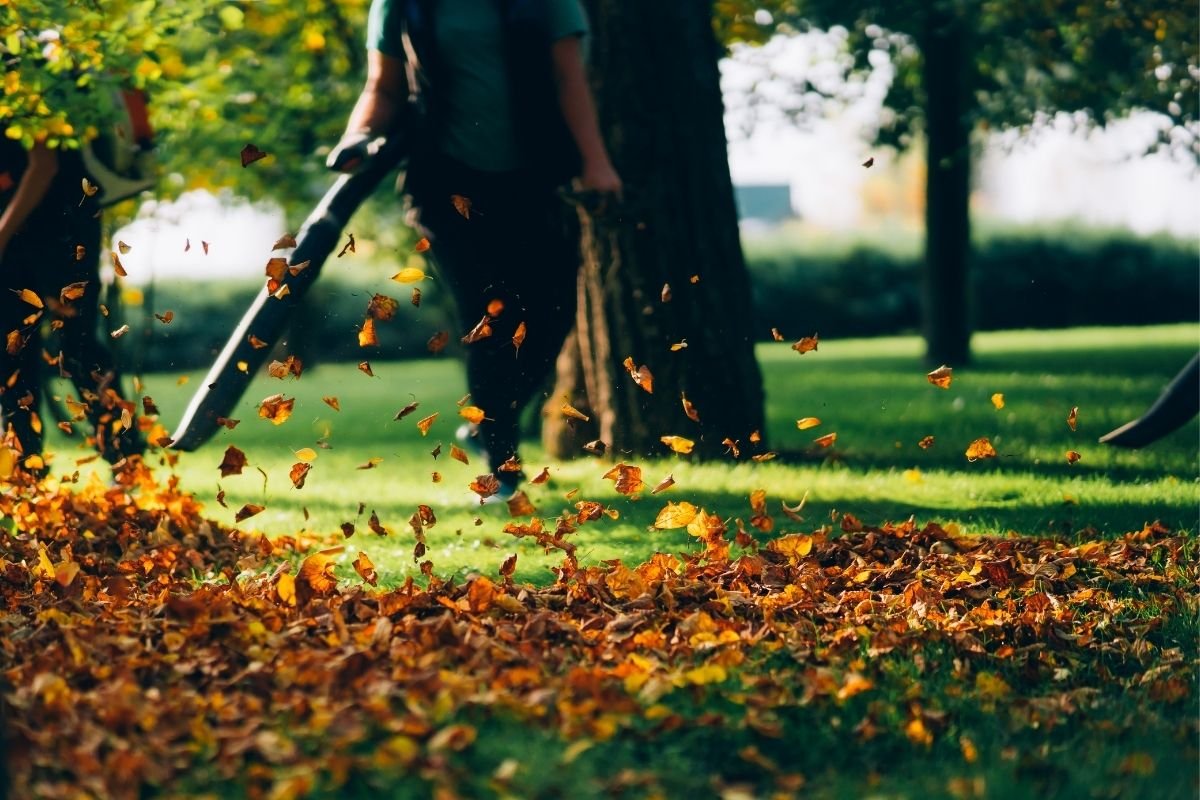As the warm weather sets and ushers in BBQ season, many are eager to fire up the grill and enjoy alfresco dining in the backyard. However, alongside the delicious smells of sizzling meats and fresh salads, there’s often another unwelcome guest—pests. From persistent flies and ants to pesky mosquitoes and birds, pests can quickly turn your BBQ from a fun summer gathering into a frustrating experience.
The key to keeping pests away from your BBQ is to be proactive. By taking steps to create a pest-free environment, you can ensure your backyard remains an enjoyable space for family and friends. Here are some tips to keep pests out of your BBQ area that make for a welcoming atmosphere for your future guests.
Maintain a Clean BBQ Area
The foundation of any pest control plan is cleanliness. Pests like flies, ants, and even birds are drawn to food and food waste. Keeping your BBQ area clean is essential to preventing these unwanted visitors from crashing your party.
Clean as You Go
Food scraps, spills, and grease attract a wide range of pests. While hosting a BBQ, make it a habit to clean as you cook. Wipe down surfaces, remove any dropped food, and keep your grill clean. If grease splatters around your BBQ, clean it up promptly to prevent ants and flies from being drawn to the area.
Proper Waste Management
Place a sealed trash bin close to your BBQ area so that waste can be disposed of immediately. Be sure to use a bin with a secure lid to prevent flies, ants, and rodents from accessing food scraps. Consider double-bagging your rubbish if you're dealing with strong-smelling food or fish to minimize odor attraction.
Store Food Properly
Keep raw and cooked food covered when not being served. Use tight-fitting lids, cling film, or foil to prevent pests from getting into food. Serving bowls with fitted mesh covers are also great for protecting food while keeping it accessible.
Repel Flies and Mosquitoes Naturally
New Zealand summers are prime time for flies and mosquitoes, especially when BBQ smells are in the air. To protect your guests from these nuisances, consider both natural and strategic repellents.
Citronella and Essential Oils
Citronella candles or torches are popular for repelling mosquitoes. Place them around the seating and BBQ areas to keep mosquitoes at bay. Essential oils like eucalyptus, lavender, and peppermint can also help repel flies and mosquitoes. You can create your own repellent spray by mixing a few drops of essential oil with water and spraying it around your BBQ area.
Fans for Airflow
Flies and mosquitoes struggle to fly in windy conditions, so setting up fans in your BBQ area can be surprisingly effective. Fans create a breeze that makes it difficult for these pests to land on food or people. Plus, the added airflow can help keep guests cool during the summer heat.
Bug Zappers and Traps
Bug zappers are effective at attracting and killing flying insects like flies and mosquitoes. Position these devices at the edges of your backyard, away from the cooking and eating area, to keep pests at a distance. Fly traps with non-toxic baits can also help to reduce fly populations near your BBQ.
Prevent Ant Invasions
Ants are notorious for showing up at outdoor meals. They can quickly find their way to food left unattended and will soon invite their colony to join them. Here’s how to keep them in check:
Create Barriers
Ants navigate by following scent trails, so disrupting their paths can keep them from reaching your food. Sprinkle natural deterrents like cinnamon, coffee grounds, or chalk around table legs and BBQ surfaces to create barriers that ants won’t cross. You can also use commercial ant deterrents if the problem is persistent.
Remove Food Sources
Avoid leaving sugary drinks or fruit uncovered, as these are prime targets for ants. Once ants locate a food source, they communicate this to the rest of the colony, leading to an influx of ants at your BBQ. Cleaning up spills and covering food will minimize this risk.
Seal Entry Points
If your BBQ area is near the house, ants may use cracks and crevices to enter and access food. Seal any potential entry points around windows, doors, and outdoor areas to reduce the chances of ants infiltrating your space.
Birds and Larger Pests: How to Keep Them Away
While birds are often a welcome sight in New Zealand backyards, they can become a nuisance during BBQs, swooping down to snatch food off plates or scavenge leftovers. In addition, larger pests like rats and possums can be attracted to rubbish left out after a BBQ.
Cover Your Food
Birds are opportunistic feeders and will not hesitate to grab unattended food. Keep all food covered when not being served, especially meats and bread, which are particularly appealing to birds. Use lids, mesh food covers, or foil to protect your food.
Install Bird Deterrents
Visual deterrents such as reflective tape, fake owls, or scarecrows can be used to scare off birds from your BBQ area. Hanging shiny objects like CDs or wind chimes around your garden can also deter birds from coming too close.
Secure Your Waste
Make sure all waste, especially food scraps, is secured in tightly sealed rubbish bins to prevent rodents or possums from being attracted to your property. Don’t leave trash bags sitting out overnight, as this can entice nocturnal pests to forage through your rubbish.
5. Maintain Your Lawn and Garden
Well-maintained lawns and gardens play a significant role in reducing pest activity. Overgrown grass, stagnant water, and debris can attract a range of pests, including mosquitoes, ants, and rodents.
Regular Lawn Care
Keep your lawn trimmed and free from tall grass, weeds, or dense foliage where insects like mosquitoes and ticks may hide. Regular mowing and garden maintenance help to reduce the number of places pests can nest.
Remove Standing Water
Mosquitoes breed in standing water, so it’s important to eliminate any potential breeding grounds. Check your garden for puddles, bird baths, or water-collecting pots. Empty any standing water regularly to reduce mosquito populations.
Tidy Up Garden Debris
Fallen leaves, branches, and other organic debris can harbor insects and pests. Rake and clean your garden regularly, especially during the BBQ season. This will reduce the likelihood of insects making their home close to your outdoor dining space.
A little preparation and attention to detail go a long way in creating a backyard environment that keeps pests at bay while allowing you and your guests to fully enjoy the delicious food and great company. By maintaining cleanliness, using natural and chemical repellents, and making your backyard less attractive to pests, you can enjoy BBQs without the annoyance of unwanted guests.
Need further help to do this? Contact us to take control of your BBQs and ensure that pests don’t spoil the fun. With Crewcut, you’ll be able to host outdoor gatherings with confidence, knowing that your backyard is a pest-free zone.








